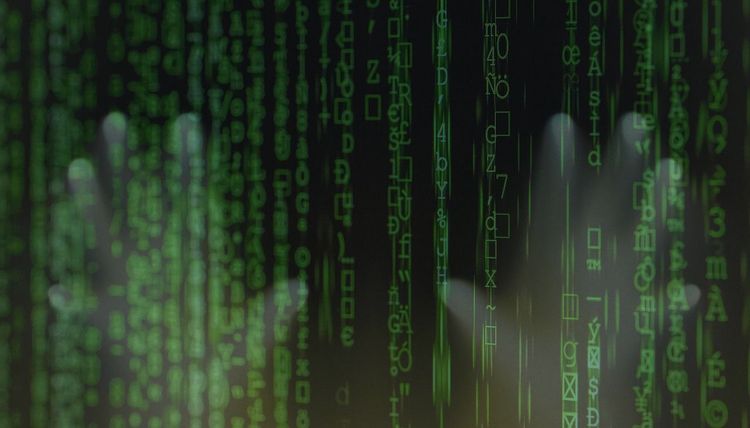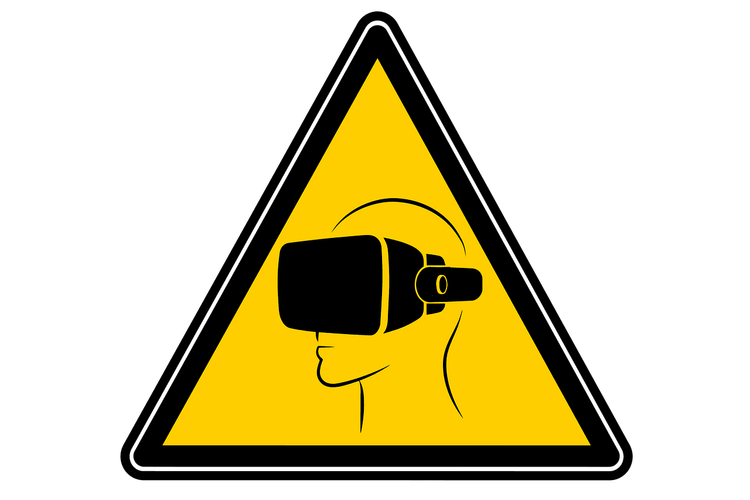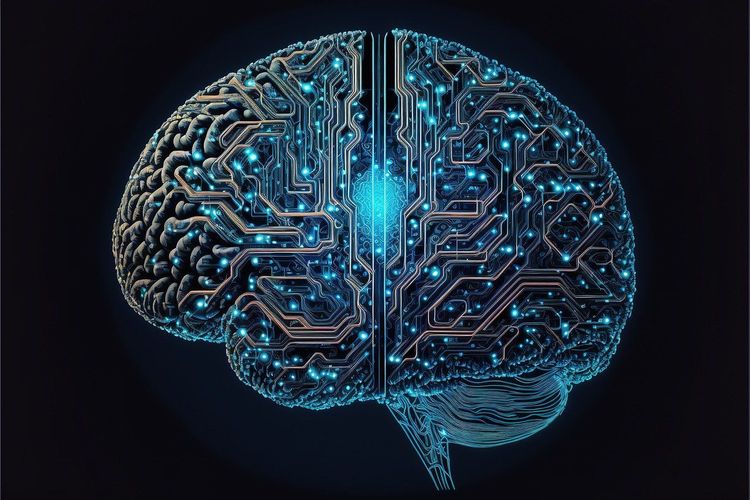The New York Times' recent lawsuit against OpenAI and Microsoft, filed last Wednesday, stands out as a pivotal copyright case to watch in 2024. Regardless of your views on the outcome, this legal battle promises to be significant.
The Gray Lady Takes On Generative AI
The lawsuit claims the defendants are liable for "billions of dollars in statutory and actual damages" due to the "unlawful copying and use of The Times's uniquely valuable works." Additionally, it demands the destruction of any AI models and training data that incorporate copyrighted material from the New York Times.
Why This Case Matters for AI and Copyright
This case is critical as it could set a precedent for AI and copyright laws, potentially reaching the Supreme Court. Legal experts have long anticipated a significant case involving generative AI, and the high-profile nature of New York Times vs. Microsoft and OpenAI could propel it to the nation's highest court.
Ongoing Tensions in Generative AI Copyright
Since August 2022, discussions surrounding copyright issues in generative AI have intensified. Attorney Bradford Newman, from Baker McKenzie, noted that there is "little guidance" in the current legal landscape, resulting in possible class actions. Cases are likely to unfold across different courts, culminating in a Supreme Court decision.
Industry Awareness and Legal Strategies
Industries impacted by generative AI, such as publishing and entertainment, are actively addressing copyright concerns. Marc Rotenberg, president of the Center for AI and Digital Policy, has highlighted the importance of this legal action, emphasizing that if AI can replicate high-quality content, established entities like the New York Times could face severe challenges.
The New York Times vs. OpenAI: A High-Stakes Matchup
Notably, the case echoes the Authors Guild v. Google, which addressed fair use in the digitization of books and resulted in a significant ruling favoring Google in 2015. Although Google triumphed legally, the outcome left the publishing industry struggling, reinforcing current concerns within the news sector.
OpenAI's Preparedness for Defense
OpenAI and Microsoft are braced for a strong legal defense. A prominent copyright attorney shared insight on the situation, noting that this case could significantly influence the future of innovation and the understanding of copyright law. He emphasized the importance of maintaining a clear distinction between copyright issues and other legal concerns, arguing against altering copyright law solely to protect certain industries.
In summary, this lawsuit encapsulates the broader legal challenges surrounding generative AI, highlighting the tension between innovation and copyright protection in an evolving digital landscape. The outcome may not only have repercussions for the New York Times but could reshape the future of content creation and AI development as a whole.







